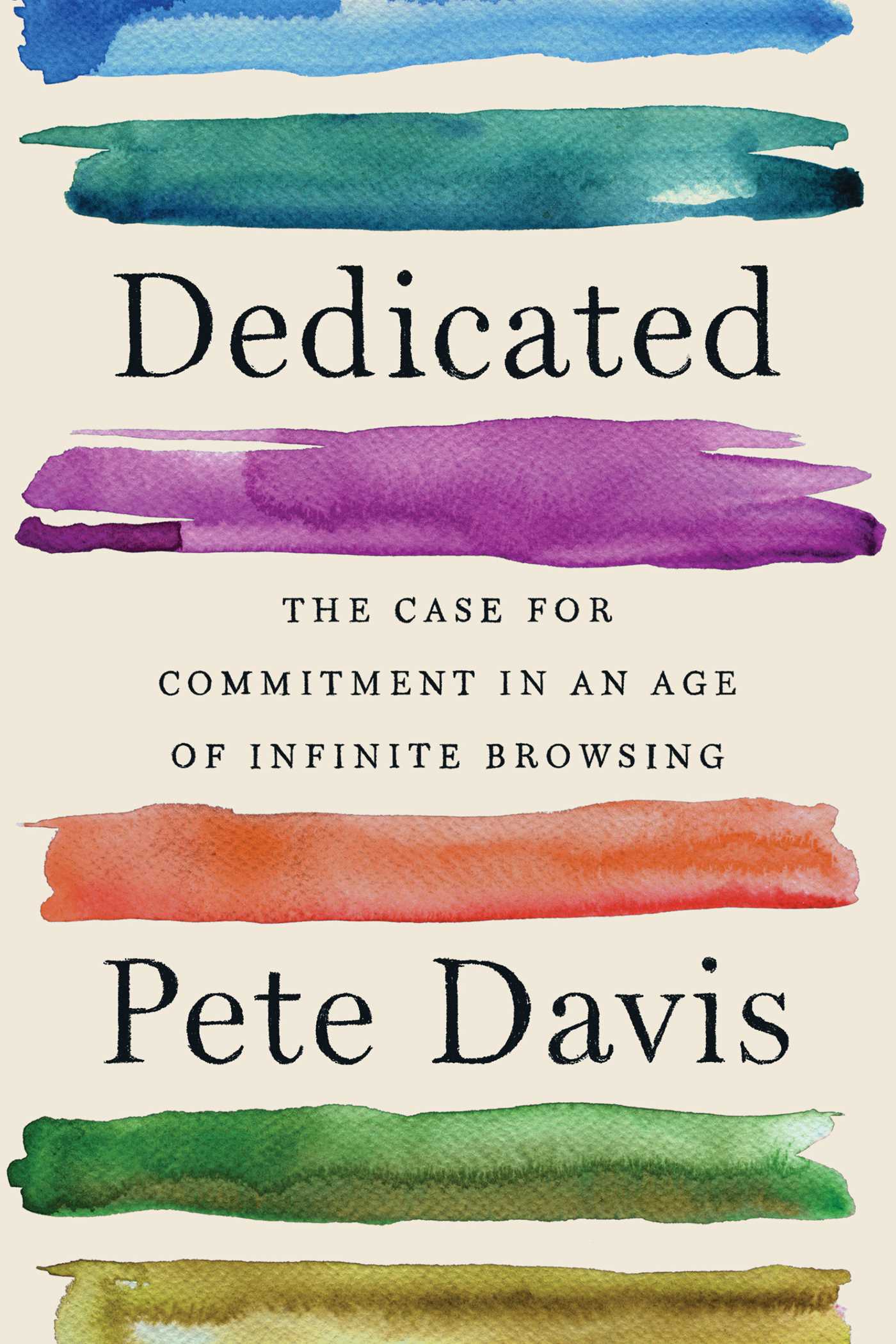When law school student Pete Davis gave a commencement speech at Harvard Law School’s graduation ceremony in 2018, he never expected the video to go viral. Now, three years later, his talk has more than 30 million views.
What was so resonant about the Falls Church native’s speech? In it, Davis explained that young people are now taught to keep their options open when it comes to life decisions. Instead, Davis argued that it’s commitment to places, people, and things that truly bring people joy.
He expounds upon that idea in his new book, “Dedicated: The Case for Commitment in an Age of Infinite Browsing.” Davis—who wrote most of the book during the pandemic—explains that he’s always been fascinated by the concept of commitment because the close-knit town he grew up in was very civically engaged. His Falls Church neighbors prioritized being a part of their community: “When I looked around in my town at all the institutions, behind every beloved institution that made my childhood joyful, was a dedicated person,” he says.
Good things, Davis realized, don’t just appear from thin air. It takes serious commitment, time, and energy to, for example, report on every little league game in the weekly newspaper, or make sure the farmers’ market runs smoothly.
Davis terms these kinds of people—who commit to a particular cause and follow through—“long-haul heroes.” What troubles Davis says is that we are in an age when people are constantly moving between places, jobs, and relationships. This is a state of what he calls “infinite browsing mode.”
Although many people hop around in the hopes that they’ll find their perfect path, Davis thinks way of living is actually more akin to endlessly scrolling through movie choices on Netflix, and never being fully satisfied with the end result: “The book shows you that there is a freedom and purpose from finding your calling and committing to it.”
To that end, Davis interviewed 50 “long-haul heroes” across the country. They include a Bolivian dancer based in Virginia; a Boston restaurateur; a touring harmonica player; and a Georgia teacher. There’s Native American radio host Peggy Berryhill from California, and Pierce Freelon, a musician in Durham, North Carolina.
“My favorite part of this experience is when it has resonated with someone and they reach out and talk about what it means to them,” says Davis, who still lives in Falls Church. And he realizes that his timing was spot-on. “People are pining for purpose after the pandemic—and there is never a better time to plant the seed.”














